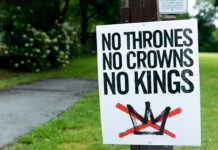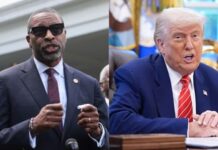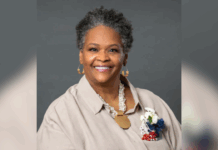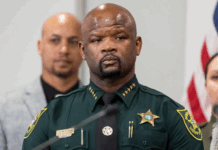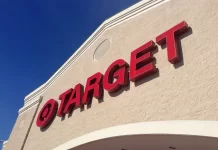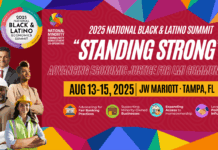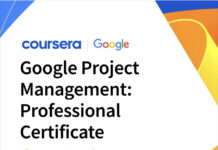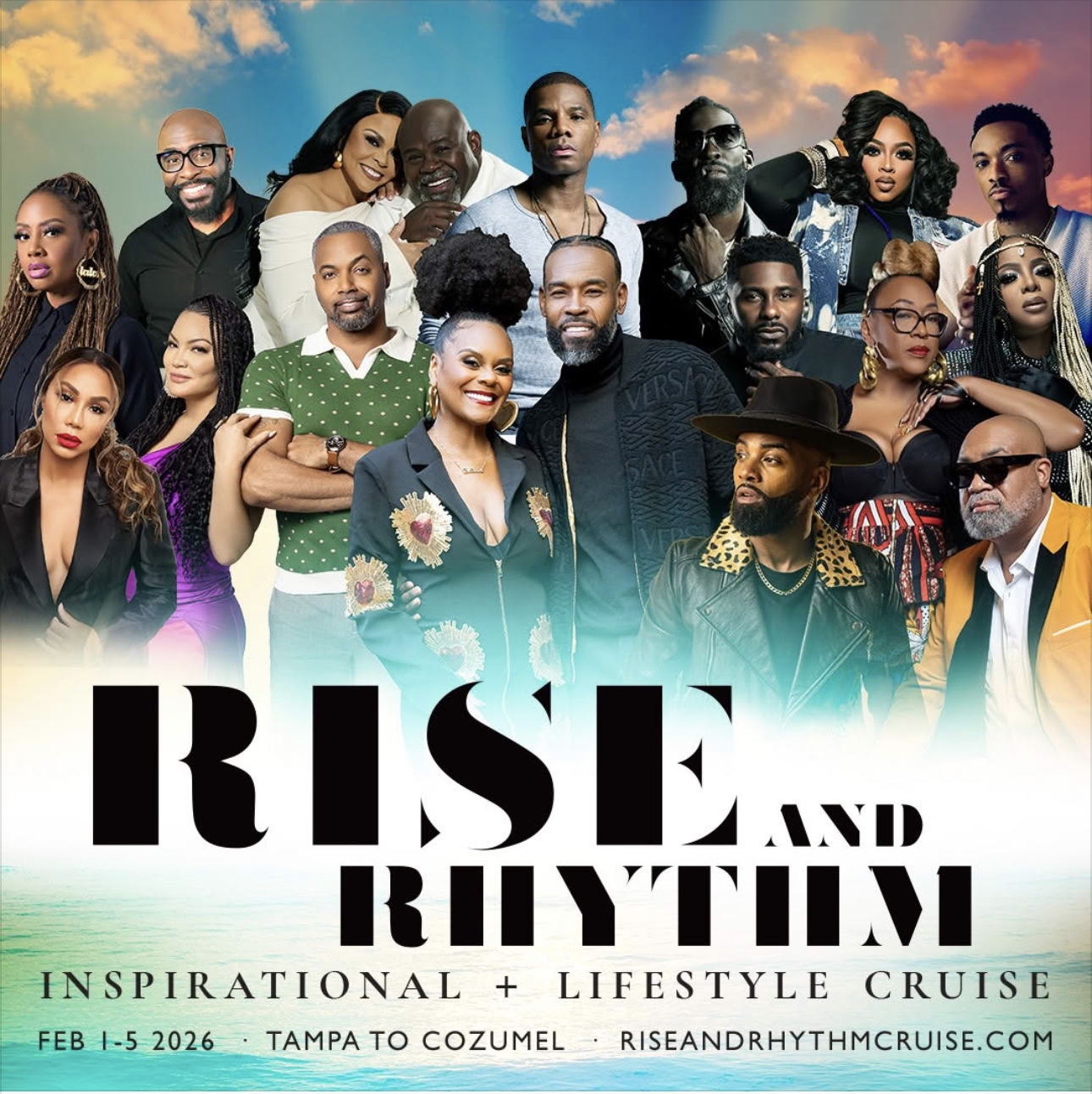By Greg Hodge
Voters in a democracy should always get the final say. A recent poll indicates that 76% of those asked believed that the voters should have been allowed to weigh in on whether public dollars should be spent on the Howard Terminal project that would create a new home for the Oakland A’s. Twelve thousand people signed a petition to encourage our City Council to put the question to the voters as to whether any public monies — local, state or federal — should be used to build the stadium, affordable housing or to finance infrastructure in an around the Howard Terminal site. The City Council rejected this reasonable request, and it makes us wonder, “Why?”
Why would the Mayor and the City Council be reluctant to hear from the voters, even if it was a “non-binding” vote? A representative democracy requires that we listen to the will of the people.
Lots of measures have been approved by the Council for voter approval over the years — a set aside for youth services, a progressive business tax, publicly financed elections, bond measures to finance improvements at Lake Merritt — just to name a few examples.
Some argued that it would be confusing for voters. Some argued that the extra time required would delay the project to the point that it might not happen.
When the San Francisco Giants franchise wanted to build what became AT&T park, the question was put to San Francisco voters.
During the fall of 1996, an initiative was on the ballot introducing a new stadium to be located in the China Basin/South Beach part of the city. Voters in San Francisco, Santa Clara and San Jose all rejected measures to help finance the construction of a new stadium, likely recalling the controversy surrounding Candlestick Park. The new owner bought the team with the hope of keeping the team in SF; eventually finding a way to finance construction privately.
As part of the financing of the new stadium, the Giants received a $10 million tax abatement, and $80 million worth of infrastructures upgrades were installed by the city to serve the new stadium. This included the 280N ramp that landed adjacent to the stadium, as well as extending MUNI train lines to the front door of the stadium.
The point is that voters were asked, and elected officials were compelled to listen.
Why are most of our city council elected representatives afraid to hear from those whom they represent on this “once in a generation project”? Is it because most Oaklanders have a different set of priorities? Is it because residents are more interested in making improvements in our pothole ridden streets, investing in more public safety interventions and other elements that make up our city’s economic and social infrastructure? Is it because many believe that the Oakland Coliseum and arena provide an ideal opportunity for redeveloping a critical part of East Oakland while keeping a major sports franchise in Oakland?
Lots of questions remain about the proposed project. How many units of desperately needed affordable housing will be built and who pays for them? What sustained economic benefits will go to the residents of Oakland while MLB owners make their profits? What jobs and small business opportunities, beyond the initial construction, will remain once the project is built? What will happen with the Oakland Coliseum and will the investment group there receive the same enthusiastic support that the A’s owners have enjoyed from some of our elected officials and baseball fans?
There are some who are afraid to hear the will of the voters. The voters will get the final say at the ballot box in November on who they believe represents their best interests. There is one thing we know for sure — the voters of Oakland are not in a mood to get played.
Greg Hodge is a long-time West Oakland resident and a candidate for Mayor. www.hodgeforoakland.com
The post COMMENTARY: Having Our Say on Howard Terminal first appeared on Post News Group. This article originally appeared in Post News Group.


